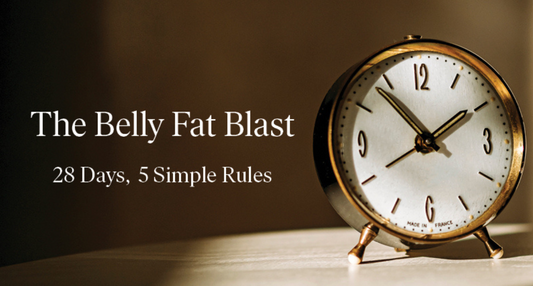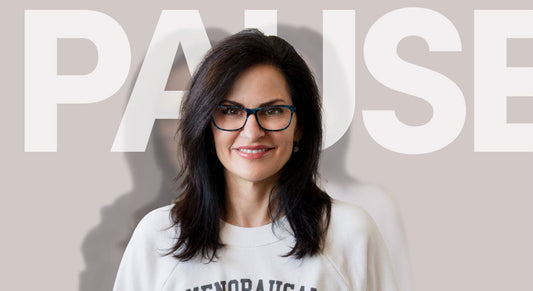The ABCs Of Hormone Therapy

Share
Hormone Therapy – What Types Are Available? How Often Do You Take It? How Much Do You Need?
Dr. Haver Outlines The FDA-Approved Options.
“If you are dealing with menopause symptoms, it’s time to speak with your physician to find the type of therapy that’s right for you. The newest research is very encouraging about the safety and efficacy of hormone therapy.”
– Dr. Mary Claire Haver
Types Of Hormone Therapy
There are two basic formulations of hormone therapy: estrogen and progestogens. Both substances are naturally produced in the female body but decline as a woman nears and enters menopause. As the levels decline, many women experience symptoms like hot flashes, vaginal dryness, and an increased risk of bone fracture. The goal of hormone therapy is to replace what is no longer produced naturally.
Estrogen Therapy
Women without a uterus can take estrogen to relieve menopause symptoms.
Combination Therapy
Women with a uterus need a combination therapy of both estrogen and progestogens. After menopause, when the endometrial lining is no longer shed with menstruation, adding estrogen alone, can stimulate an overgrowth of the uterine lining. Progestogens work to protect the lining and help reduce the risk of developing uterine cancer.
Other Therapies
The new guidance from TMS focuses on estrogen and progesterone replacement, but it is important to remember that additional types of hormone therapies exist. Testosterone therapy is available, and is an option that many women are exploring. Talk with your physician about the risks and benefits of a full range of options to determine what is best for you. If you need a referral, you can find a qualified physician in our Community Recommended Physicians database.
Dosing Of Hormone Therapy: How Much Is Enough?
The lowest amount of hormone therapy that can produce the needed results should be used. It is important to take the time to speak with your physician about the specific symptoms you are experiencing, along with your medical history, so together, you can make the most informed decision about dosing.
Administering Hormone Therapy
Estrogen therapy and combination therapy can be delivered to the body in a variety of ways. Talk with your physician about which option makes the most sense for you.
- Oral medication
- Patches
- Sprays
- Gels or creams
- Vaginal rings
Safety Of Hormone Therapy
The new findings on the safety and efficacy of hormone therapy were reported by TMS and have been endorsed by hundreds of women’s health organizations. Experts say that for healthy women (without contraindications) who are younger than 60, and within 10 years of menopause onset, the benefits of hormone therapy outweigh the risks for treating menopause symptoms.
If you’re looking for a menopause friendly doctor you can visit our database of Recommended Physicians or The Menopause Society for a list of qualified providers.























